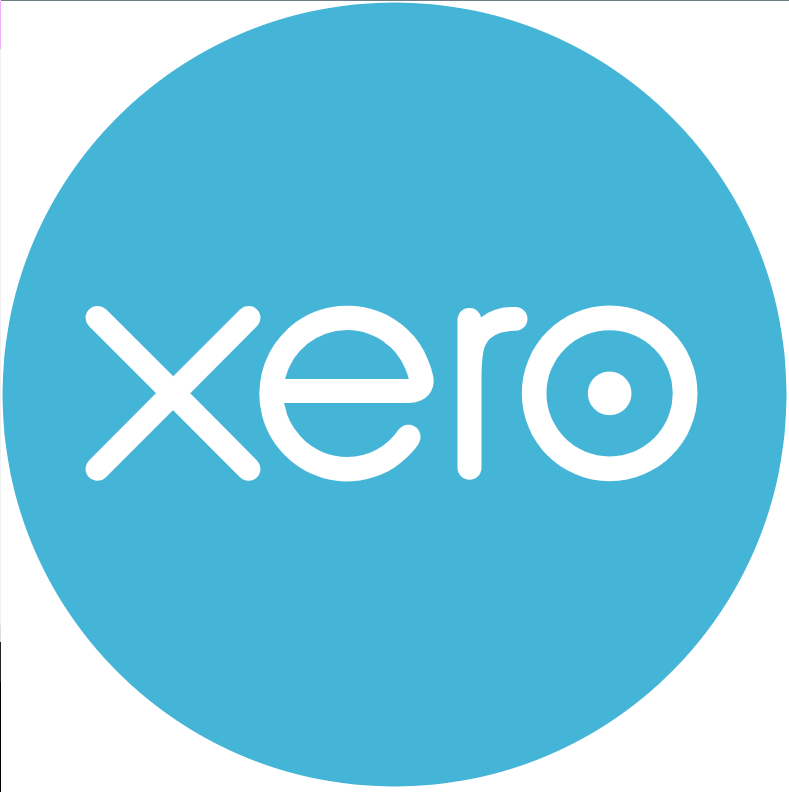In the dynamic world of small business, efficient financial management is crucial for success. Xero, a cloud-based accounting software, has revolutionized bookkeeping by offering a comprehensive suite of tools designed to streamline financial processes. This article explores the features, benefits, and impact of Xero on modern bookkeeping practices.

What is Xero?
Xero is an online accounting software that provides small businesses with the flexibility to manage their finances from anywhere, at any time. Unlike traditional desktop accounting software, Xero offers real-time access to financial data, making it easier for business owners to stay on top of their financial health. Its user-friendly interface and robust features have made it a popular choice among small business owners and accountants alike.
Key Features of Xero
- User-Friendly Interface: Xero’s intuitive interface is designed to be easy to navigate, even for those with limited accounting knowledge. The dashboard provides a clear overview of key financial metrics, such as income, expenses, and profit margins.
- Automated Bookkeeping: One of the standout features of Xero is its ability to automate many bookkeeping tasks. This includes tracking income and expenses, categorizing transactions, and reconciling bank accounts. Automation reduces the risk of human error and saves valuable time.
- Invoicing and Payments: Xero allows businesses to create and send professional invoices directly from the platform. It also supports online payments, enabling customers to pay invoices quickly and securely. This feature helps improve cash flow and reduces the time spent on manual invoicing.
- Expense Tracking: Keeping track of expenses is crucial for maintaining a healthy bottom line. Xero makes it easy to record and categorize expenses, attach receipts, and monitor spending patterns. This helps businesses identify areas where they can cut costs and improve profitability.
- Financial Reporting: Xero offers a range of customizable financial reports, including profit and loss statements, balance sheets, and cash flow statements. These reports provide valuable insights into the financial performance of the business and aid in strategic decision-making.
- Inventory Management: For businesses that deal with physical products, Xero includes inventory management features. It allows users to track inventory levels, set reorder points, and manage suppliers. This ensures that businesses always have the right amount of stock on hand.
- Payroll Integration: Xero integrates seamlessly with Xero Payroll, making it easy to manage employee salaries, taxes, and benefits. This integration simplifies payroll processing and ensures compliance with tax regulations.
Benefits of Using Xero
- Accessibility and Flexibility: Being cloud-based, Xero can be accessed from any device with an internet connection. This flexibility is particularly beneficial for business owners who need to manage their finances on the go.
- Collaboration: Xero allows multiple users to access the same account simultaneously. This makes it easier for business owners, accountants, and bookkeepers to collaborate and share information in real-time.
- Scalability: Xero offers different pricing plans to suit businesses of all sizes. As a business grows, it can easily upgrade to a plan with more advanced features and higher user limits.
- Security: Xero employs advanced encryption and security measures to protect sensitive financial information. Regular backups ensure that data is safe and can be restored in case of any issues.
- Cost-Effective: Xero eliminates the need for expensive hardware and software installations. Its subscription-based pricing model allows businesses to pay only for the features they need, making it a cost-effective solution.
Impact on Modern Bookkeeping Practices
Xero has transformed the way businesses handle their bookkeeping processes. By automating routine tasks and providing real-time access to financial data, it has freed up time for business owners to focus on growth and innovation. The ability to generate detailed financial reports quickly has improved decision-making and strategic planning.
Moreover, the integration with other business tools, such as CRM systems and e-commerce platforms, has streamlined operations and enhanced efficiency. Businesses can now manage their finances, inventory, and customer relationships from a single platform, reducing the complexity of managing multiple systems.
Becoming a Xero Bookkeeper
If you’re interested in pursuing a career in bookkeeping with Xero, there are several steps you can take:
- Education: While a degree is not always necessary, having a background in accounting or finance can be beneficial. Many community colleges and online platforms offer courses specifically focused on Xero.
- Certification: Obtaining a Xero certification can enhance your credibility and job prospects. Xero offers various certification programs that provide in-depth knowledge of the software and its features.
- Experience: Gaining practical experience through internships or entry-level positions can help you develop the necessary skills and knowledge.
- Continuous Learning: The field of bookkeeping is constantly evolving with new regulations and technologies. Staying updated through continuous learning and professional development is essential.
Conclusion
Xero has revolutionized bookkeeping by offering a powerful, user-friendly, and flexible solution. Its comprehensive features, coupled with the benefits of cloud computing, make it an indispensable tool for modern businesses. Whether you’re a small business owner or an aspiring bookkeeper, mastering Xero can help you manage your finances more effectively, allowing you to focus on what you do best – growing your business.
I hope this article provides a thorough overview of Xero bookkeeping. If you have any specific questions or need further details, feel free to ask!
